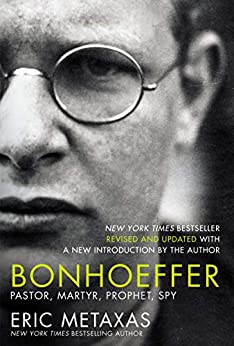Like most theological students in the late nineteenth century, Barth absorbed the regnant liberal theology of his time, but he grew to reject it, quickly becoming its most formidable opponent. His groundbreaking 1922 commentary, The Epistle to the Romans, fell like a smart bomb into the ivory tower of scholars like Adolf von Harnack, who could hardly believe their historical-critical fortress pregnable, and who were scandalized by Barth’s approach to the Bible, which came to be called neo-orthodoxy, and which asserted the idea, particularly controversial in German theological circles, that God
...more
Welcome back. Just a moment while we sign you in to your Goodreads account.


